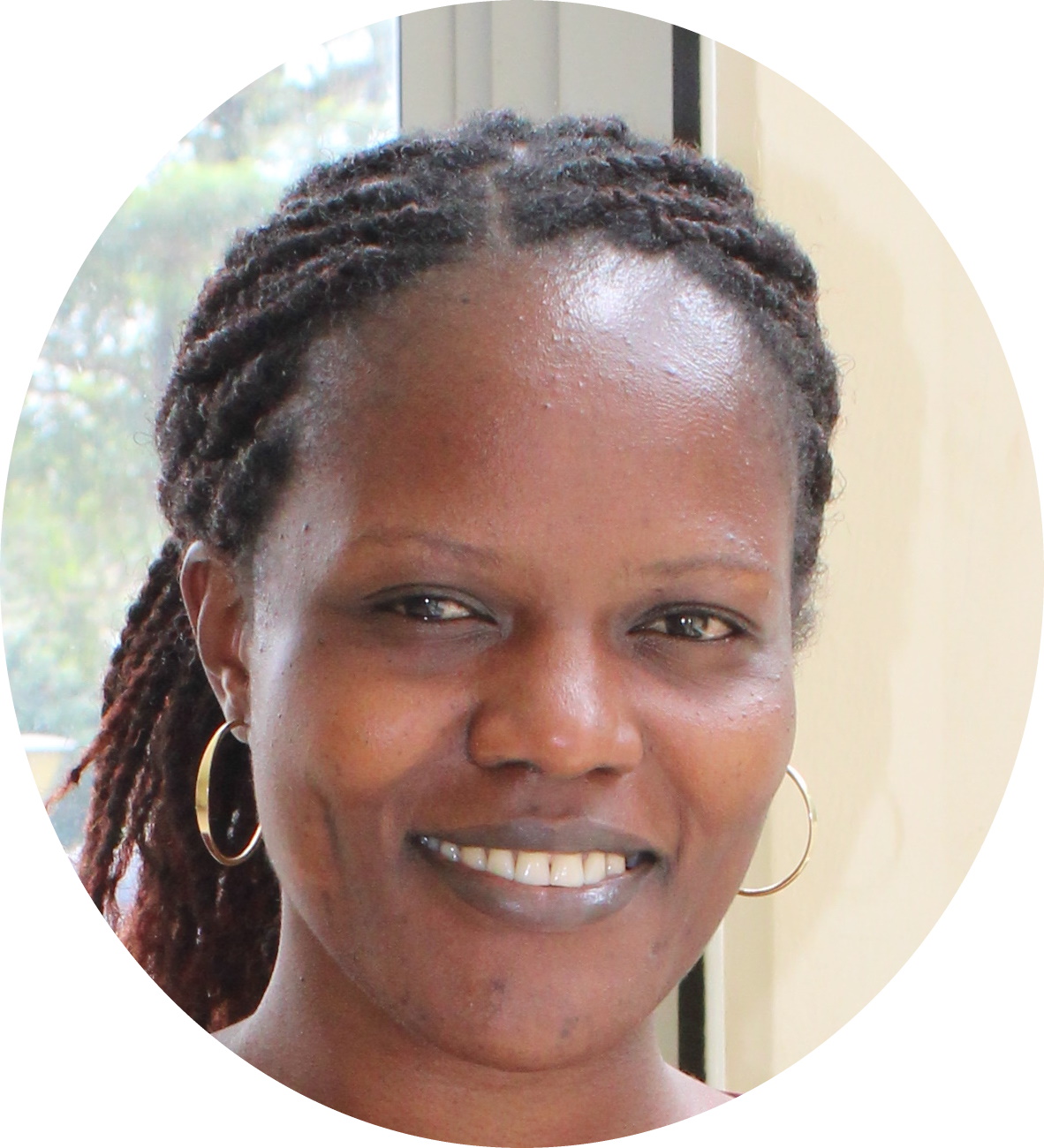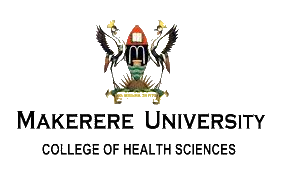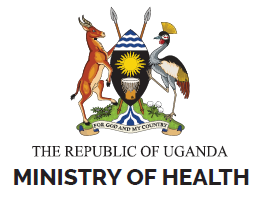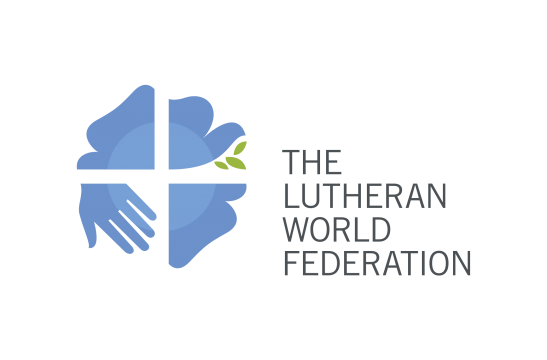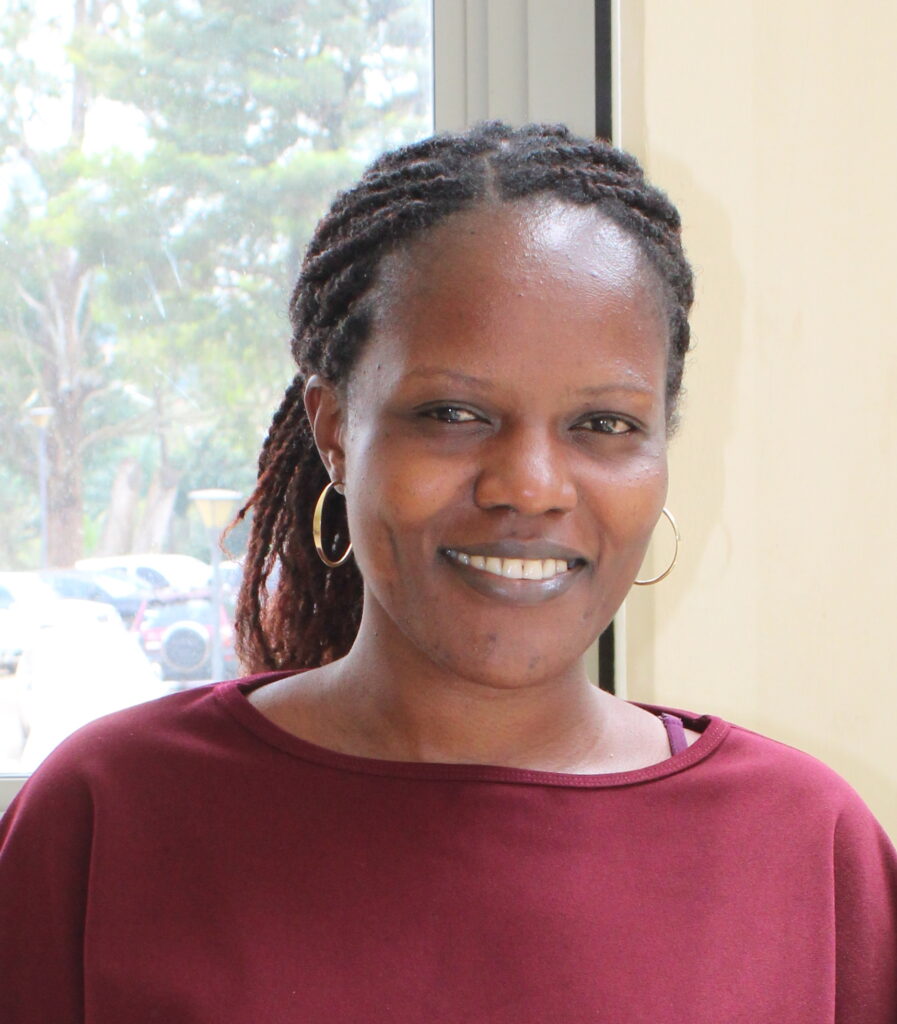ALERTs in Covid-19
Adherence, Lived Experiences and Resilient Transformation among “slumdwellers” (ALERTs) in COVID-19:
A study of Ki-Mombasa and Kabalagala-Kataba slums in Kampala.
- A-Z of COVID in Uganda
- How can the health system handle COVID-19 in Kampala slums?
- How can communities be empowered to steer sustained compliance to COVID-19 guidelines? A Guide to Action
- “Women emancipation took away all of our power”: Experiences of domestic violence against men during COVID-19
- COVID-19: Awareness, Adherence and the Lived Experiences of Communities in Kampala Slums
- Violence and Child Protection in COVID-19: What should be done in Kampala Slums?
- See All Policy & Issue Briefs
- COVID and Resilient Health Systems
- Outside my bubble – Field reflections from Martha Kirabo
- COVID-19: The myths, beliefs and falsehoods in Kampala slums
- Education & continuity of learning in COVID-19: What can be done for Kampala slums?
- “Turning the tables in COVID-19”: Violence against men in Kampala slums
- See all the Blogs & Interviews
- ALERTs selected among top grants to showcase outputs at Mak-RIF CHUSS Open Day
- Slumdwellers ditch masks, resort to liquor for COVID prevention
- Commercial sex, violence against men increased during lockdown – Study
- COVID-19: Handwashing drops to 93% in Kampala hotspots
- Address the drivers of non-compliance to COVID-19 guidelines, researchers urge government
- Slum dwellers use liquor to prevent Covid-19 – report
- Abakugu baleese Walifu ya COVID-19 eneeyamba abantu okumutangira
- Africa: Mak Researcher Designs “COVID Alphabet” for Awareness and Behavioral Change
- Covid-19: Researchers develop A-Z model to facilitate behavioural change among Ugandans
- Health experts urge schools to emphasize COVID-19 SOPs
- MUK lecturer designs behavioral change model to boost COVID-19 awareness
- Scientist Designs Covid-19 Behavioral Change and Communication Alphabet Model
- Scientist designs COVID Alphabet for behavioural change communication
The research project seeks to develop evidence – from a sociobehavioral perspective – of how Ugandan COVID19 guidelines operate, are being perceived, experienced in practice and potential barriers to their adherence and compliance among urban slum communities in Kampala.
Background
COVID-19 is a new epidemic and there is a dearth of knowledge on its clinical, economic, social and long-term effects and outcomes on the urban poor. High levels of non-compliance to preventive guidelines have been observed; as people in slums try to adjust lifestyles within their reality of largely impoverished and crowded living circumstances. A possible explanation for observed non-adherence could be poor public perception and ownership of the national response, including related guidelines. Uganda’s approach to containing COVID-19 has been described as largely top-down, limited in community consultation or participation. This study will generate evidence on the experiences of Uganda’s urban poor during COVID-19, their perception of [COVID-19] risk, adherence to policy guidelines and local innovations for survival.
About the Research
- The study is a mixed methods cross-sectional assessment of COVID 19 experiences among people living in Kampala slums
- The empirical data will inform a behavioral intervention design
- The study sites are Ki-Mombasa and Kabalagala Kataba slums in Kampala, Uganda
Expected Outcomes
- The study will generate evidence on the COVID 19 pandemic among communities living in Ugandan slums.
- Study findings will inform responsive policy and guidelines to improve their health and wellbeing.
- Evidence from the study will inform the design of tailored and robust community-led interventions for health and wellbeing.
- The study team will support community members and other key stakeholders implement these interventions in a sustainable manner
- Creation of lasting, impactful and solution-oriented partnerships between academia and research institutions like Makerere and Gulu Universities with other key stakeholders working with and in Uganda’s informal settlements.

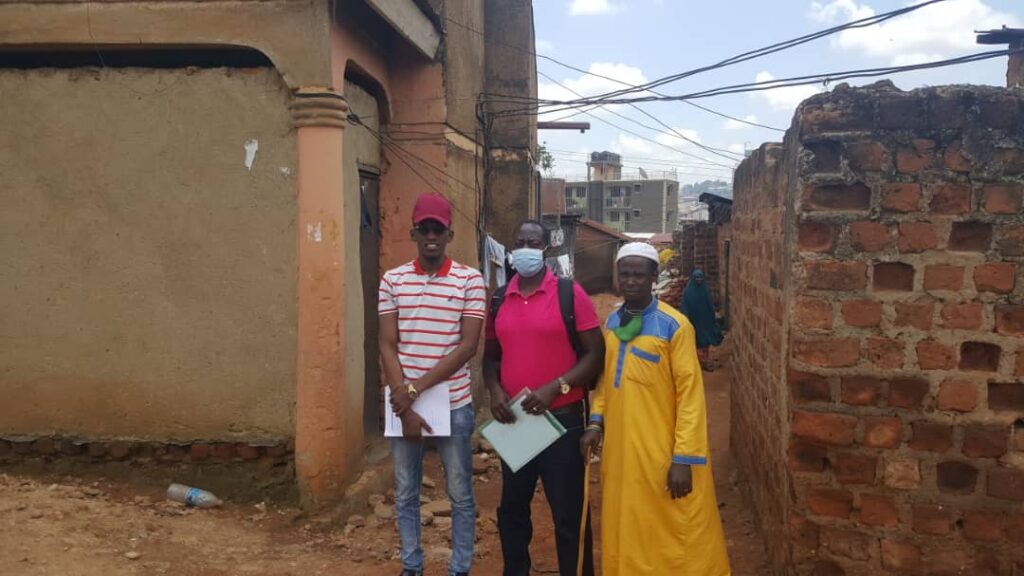
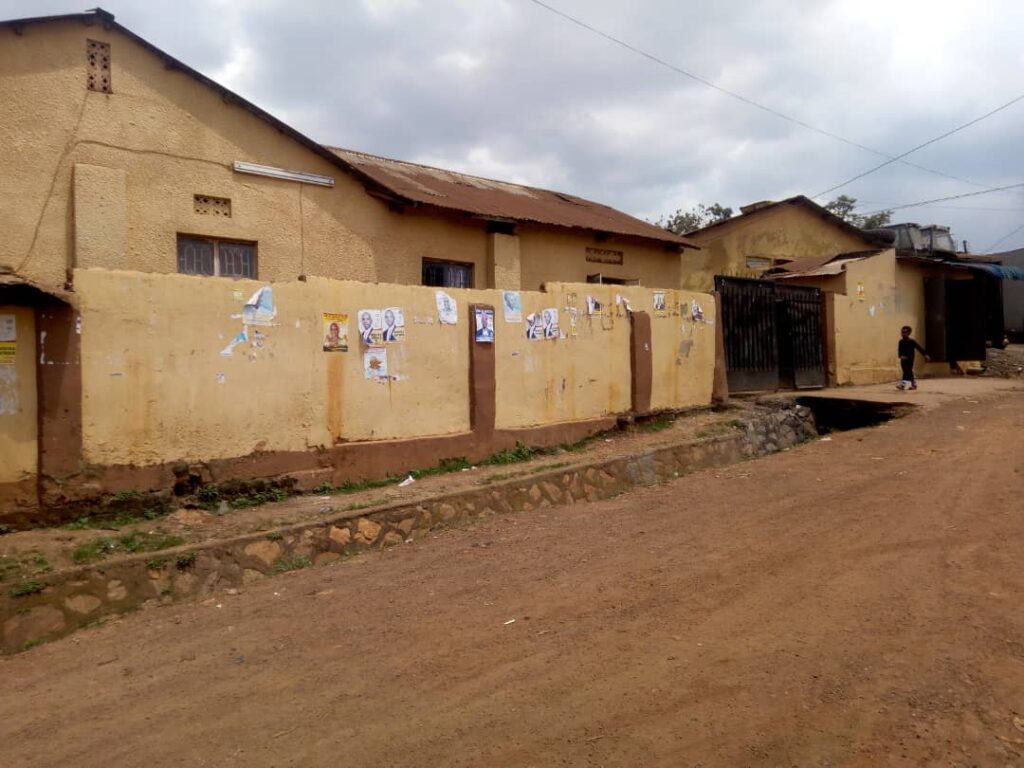
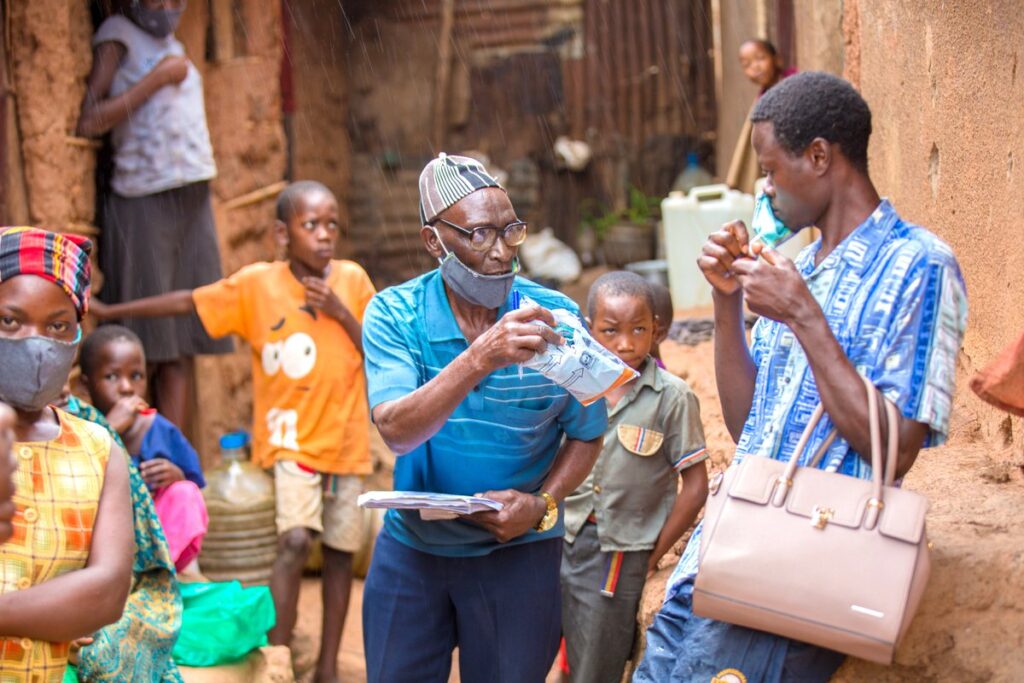
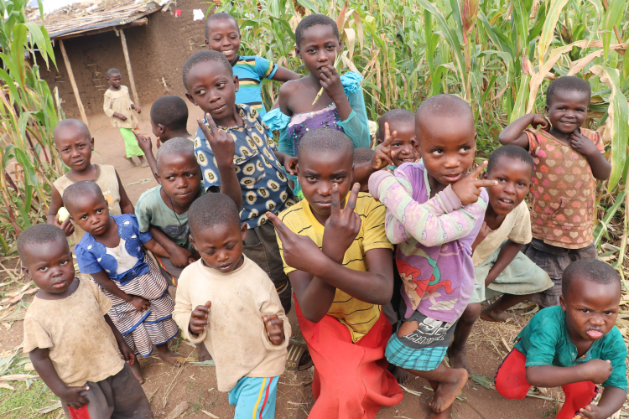
About the Research Team

Dr Gloria Seruwagi
Principal Investigator (PI)
Project Contacts
- Gloria Seruwagi, (B.SWSA, MPH, PhD), Centre for Health and Social Economic Improvement (CHASE-i)
- Prof. Stephen Lawoko (B.Stat, M. Stat, PhD), Gulu University, Department of Public Health, Faculty of Medicine
3. Catherine Nakidde (BSc., MA, MPH) Centre for Health and Social Economic Improvement (CHASE-i), Makerere University
4. Hilda Namakula (BA., MA) Centre for Health and Social Economic Improvement (CHASE-i), Makerere University
5. Dr Eric Lugada (MBChB, PhD), Centre for Health and Social Economic Improvement (CHASE-i), Makerere University
Funding: This study is funded by The Government of Uganda, through the Makerere University Research and Innovations Fund (MakRIF).
Project Partners
- ALERTs has a nested study on “Education in COVID-19” which you can read more about here.


